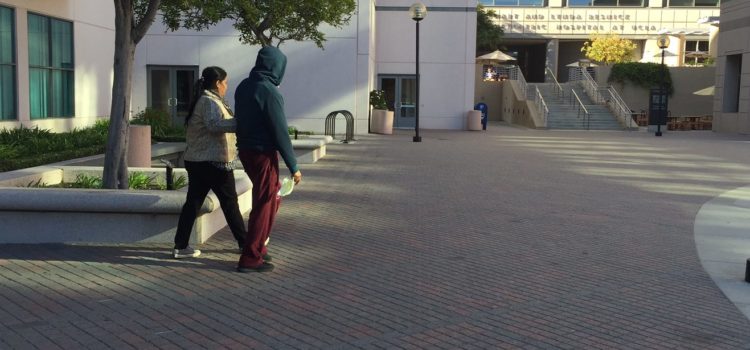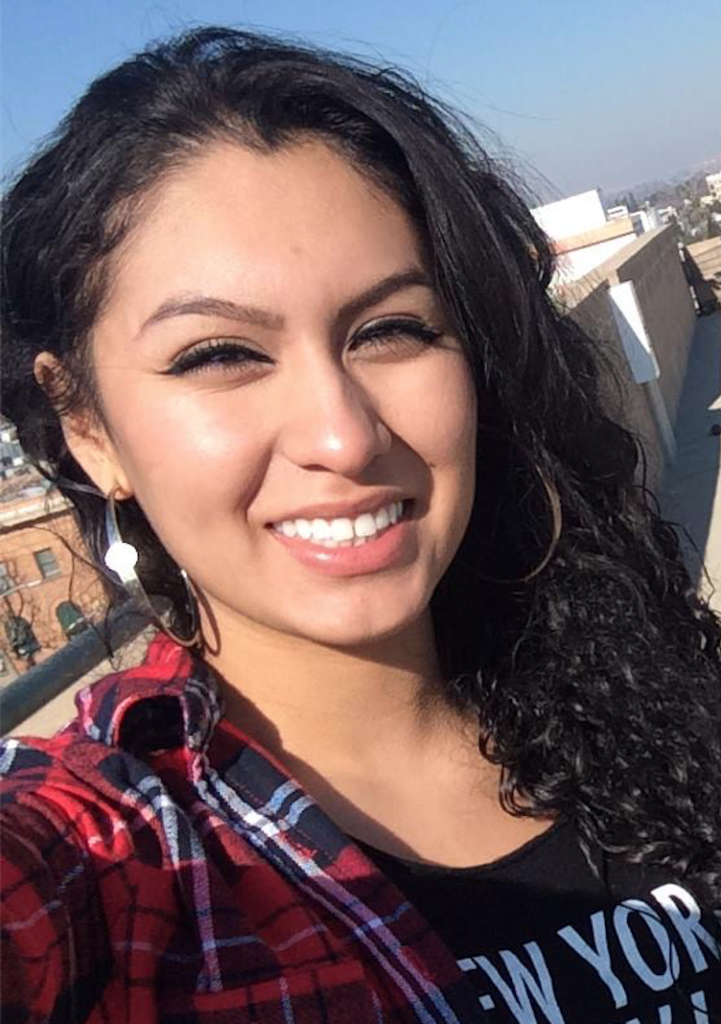
By Diana Cisneros
BAKERSFIELD, Calif. — Enrique Sanchez, 49, still remembers July 14, 2015. That was the date when laboratory tests confirmed what the trucker had: multiple myeloma.
It’s a cancer formed by plasma cells that have turned malignant. Normal plasma cells are found in the bone marrow and are an important part of the immune system. Few cases of the disease are linked to risk factors that can be avoided, so there is no known way to prevent most multiple myelomas from developing.
The disease weakens the kidneys and bones. At the time of his diagnosis, Sanchez’s kidneys were functioning at 12 percent capacity. He developed a C-2 vertebral fracture because of which he couldn’t return to work, which resulted in an end to his employer-sponsored health benefits.
Sanchez’s life became a nightmare. He was jobless, had limited mobility and endless pain. Paying his medical bills and supporting his wife and three children, all of whom were in college, became very challenging.
As Sanchez transitioned into an unfamiliar world of medical jargon, he said he became scared. He feared what the future held for him.
The one bright spot in all this was that he and his family now qualified for Medi-Cal, the state’s name for Medicaid, the health insurance coverage for low-income people. The program gave him a fighting chance to live.
Like hundreds of thousands of people, Sanchez was not aware of all that the Affordable Care Act, under which Medi-Cal expanded and allowed people like him to get health coverage, offered.
Sanchez’s team of health care providers at the Comprehensive Blood and Cancer Center coordinated an initial treatment plan that required a three-part treatment of steroids, intravenous chemotherapy, and oral chemotherapy.
“I was shocked, completely shocked to know the prices,” he said tearfully. “I wanted to die instead because… I didn’t want to be a burden to my family or to anyone”.
He learned that the cost of the first part of his oral chemotherapy treatment, which would last for 28 days, would alone be approximately $10,000. That did not cover the continuation of his treatment, which included more medications and painkillers.
At CBCC, Sanchez found a community of cancer patients and their families. Many shared their experiences prior to being able to get healthcare through the ACA. Some talked about how medical bills forced them to go bankrupt and lose their homes. They rejoiced that the ACA allowed for low co-pays and no yearly caps. Sanchez found his optimism returning: perhaps he should go for the stem cell transplant after all.
Today, Sanchez is recovering from the transplant he had late last year. He knows that it’s not a one-time treatment and that he might have to have more down the line.
He worries what will happen to him and other cancer patients if the ACA is repealed, as President-elect Trump has threatened to do.
“He is going to take advantage of his position to abuse (immigrants),” Sanchez said. “What if he deports us or cuts Medi-Cal?”
He has become an enthusiastic healthcare advocate in his community. He encourages them to write to members of Congress to keep healthcare affordable.
Diana Cisneros, 22, is a graduate student at University of Southern California and a youth reporter for South Kern Sol. She lives in the unincorporated community of Rexland Acres in Kern County.
